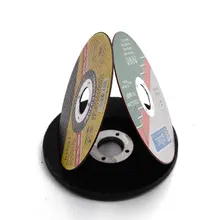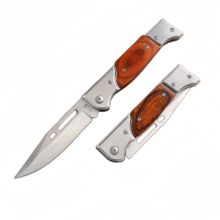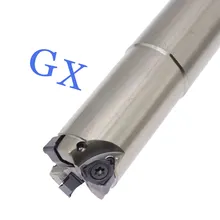Introduction to Teflon Ball Valves
Teflon ball valves, known for their durability and chemical resistance, serve as a critical component in managing fluid flow in various systems. These valves, which utilize the robustness of Teflon (PTFE), are essential for applications requiring the regulation of corrosive materials or extreme temperatures.
Types and Applications
The versatility of ptfe ball valves is evident in their wide range of types, including ptfe lined ball check valves and ms ptfe ball valves. Each variant caters to specific needs, from simple on-off operations to more complex flow regulation tasks in sectors like chemical processing, pharmaceuticals, and food and beverage production.
Features and Materials
A ball valve ptfe is characterized by its design, which includes a ball with a hole through its center, encased in a Teflon lining. This construction not only enhances the valve's lifespan but also ensures minimal contamination, making teflon lined ball valves a preferred choice for hygienic applications.
Advantages of Teflon Ball Valves
The primary advantage of a teflon ball valve lies in its high resistance to corrosive substances and ability to withstand a broad temperature range. This resilience translates to fewer replacements and maintenance needs, ensuring a more efficient flow control system.
Selection Considerations
When selecting a ptfe lined ball valve, it is crucial to consider factors such as the nature of the fluid, pressure requirements, and environmental conditions. This ensures the chosen valve will perform optimally within the intended application.
Conclusion
In conclusion, Teflon ball valves are a reliable and cost-effective solution for fluid management. With a variety of types available, these valves can be tailored to meet the specific demands of any system, ensuring both performance and longevity.










































 浙公网安备 33010002000092号
浙公网安备 33010002000092号 浙B2-20120091-4
浙B2-20120091-4